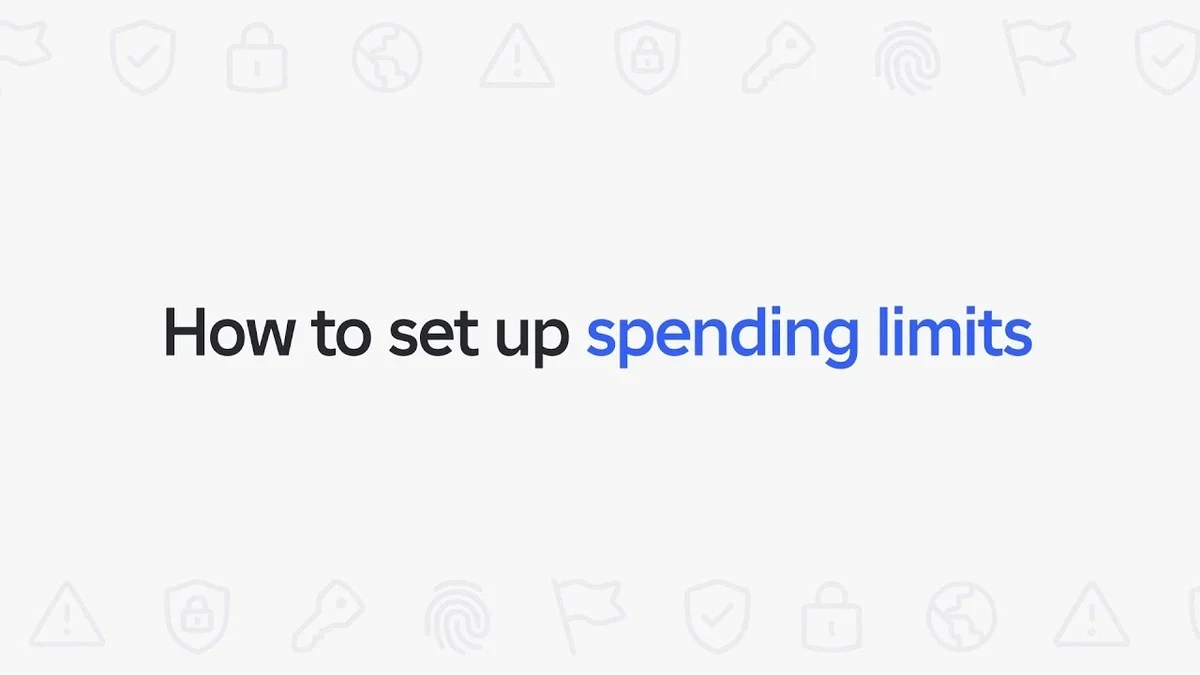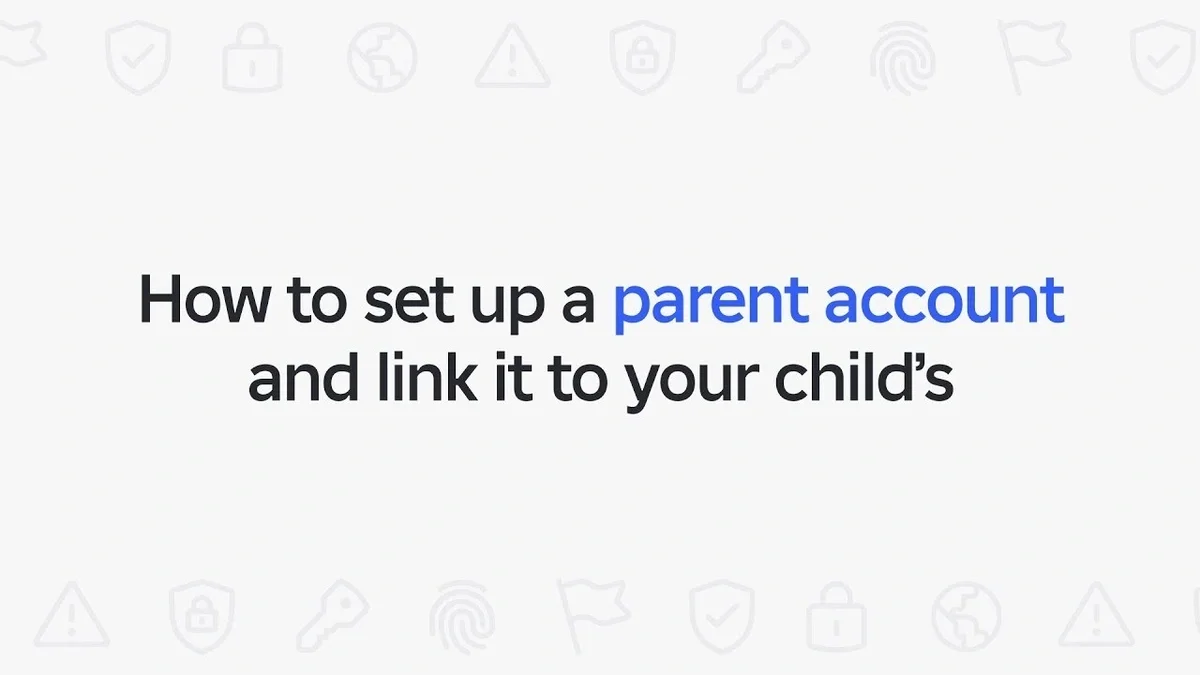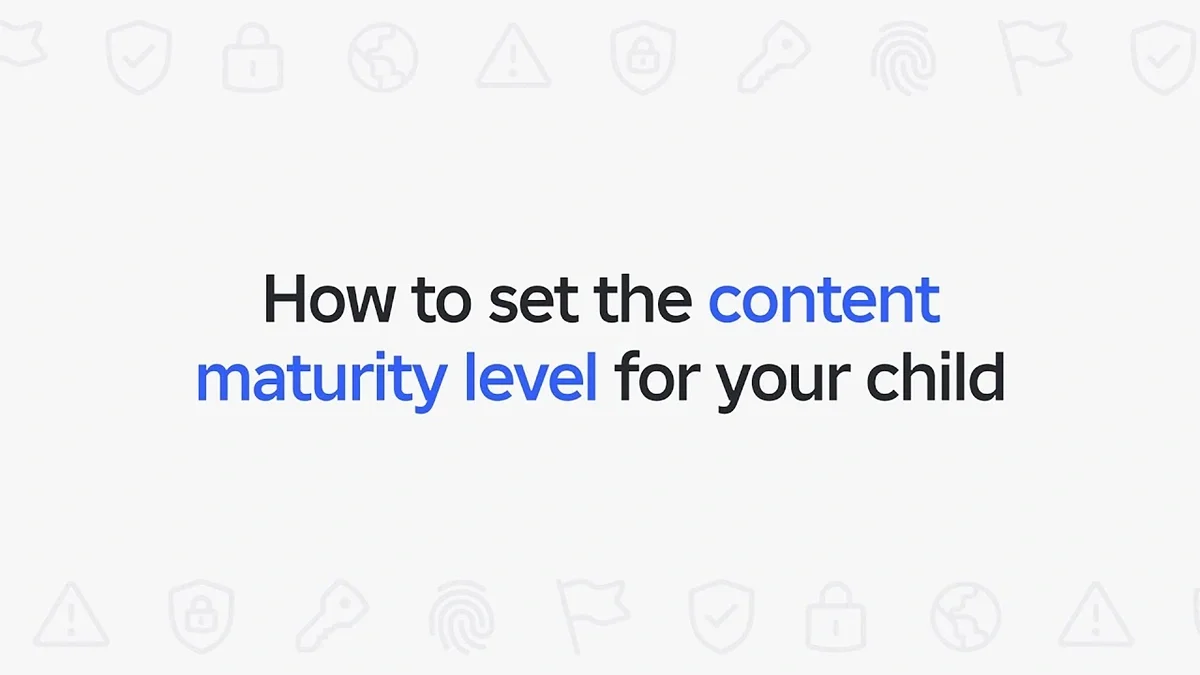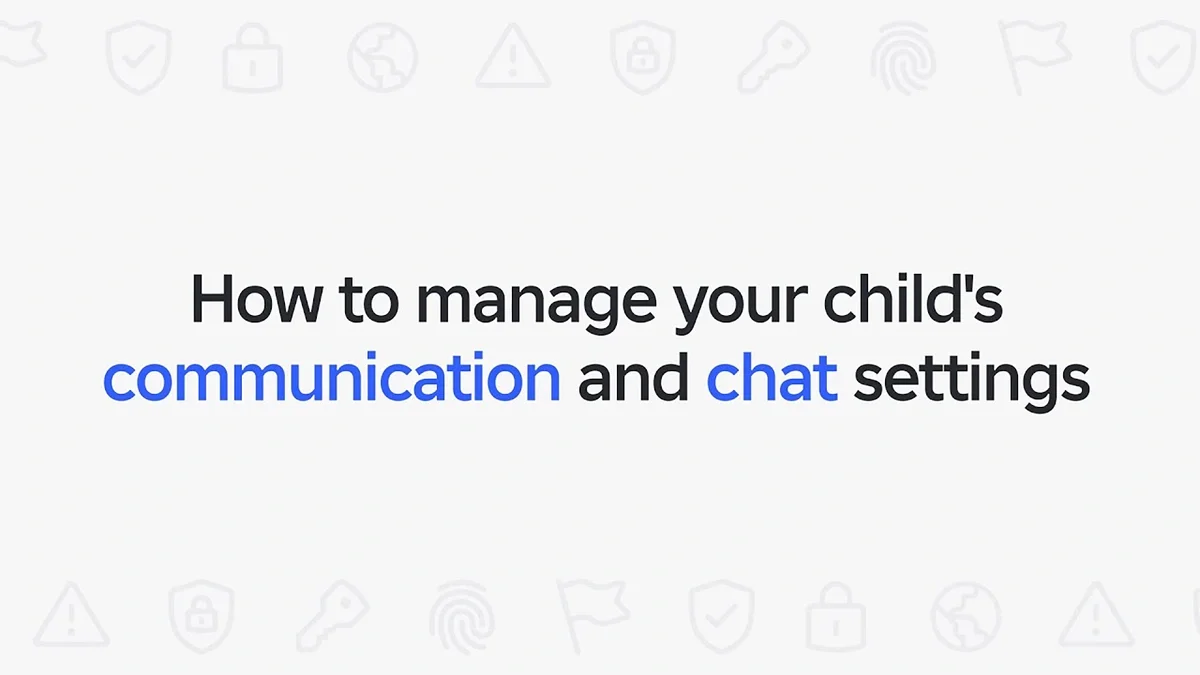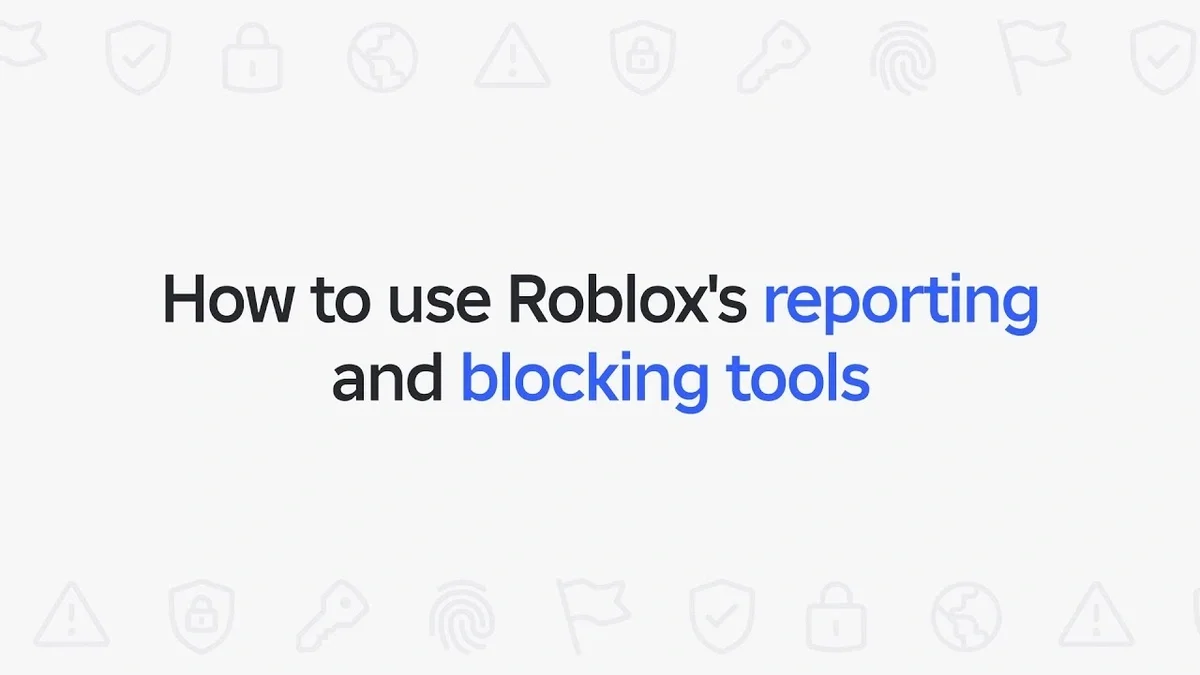A Guide for Parents: Emotional Safety for Teens on Roblox
Teens play Roblox for many positive reasons, from relaxation to community building to identity formation and creative self-expression. Among the many teens who play video games — 85% of all U.S. teens, according to a 2024 Pew Research Center report — nearly three-quarters said spending time with others is one reason they play. More than half said gaming helps their problem-solving skills.
But parents know there is potential for harm on Roblox or any online platform. Teens do, too: That same Pew study found that 80 percent of teens ages 13-17 think harassment in video games is a problem for people their age, and more than 40% said they have been called an offensive name while playing.
Your teen might be sensitive to a conversation about cyberbullying and online safety, but parents and caregivers can and should offer consistent messages to help teens know how to identify inappropriate behavior on the platform — and what to do when they encounter it. Even brief or “micro” conversations held at regular intervals can make a big impact on how your teen thinks about their safety online.
What is Cyberbullying
While Roblox, like any online gaming platform, can provide players with a fun experience, it also carries the risk of harmful behaviors known such as “cyberbullying.”
Cyberbullying can mean hurtful comments from fellow gamers whose emotions become intense around the power dynamics within a game. Cyberbullying can also involve:
- Blaming or angry language or name-calling
- Gossiping or conspiring to eliminate a player from a game
- Making harmful references to aspects of a player’s identity, if they have shared any on the platform
- Hate speech or race-based language
Cyberbullying can also be predatory, as when an adult plays under an assumed teen identity and attempts abusive, manipulative, or hateful behaviors with young players.
Any of these negative behaviors can lead gamers to experience feelings of shame, guilt, fear, or anxiety. It can erode selfconfidence and self-worth. And it can exacerbate existing mental health conditions like depression and anxiety.

